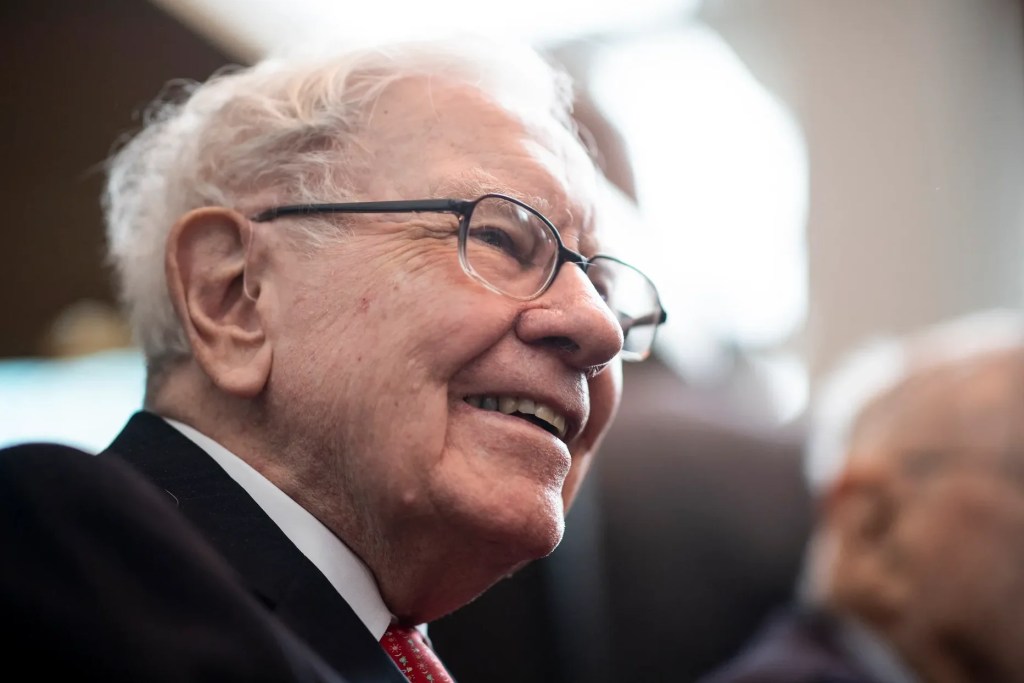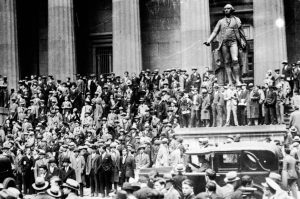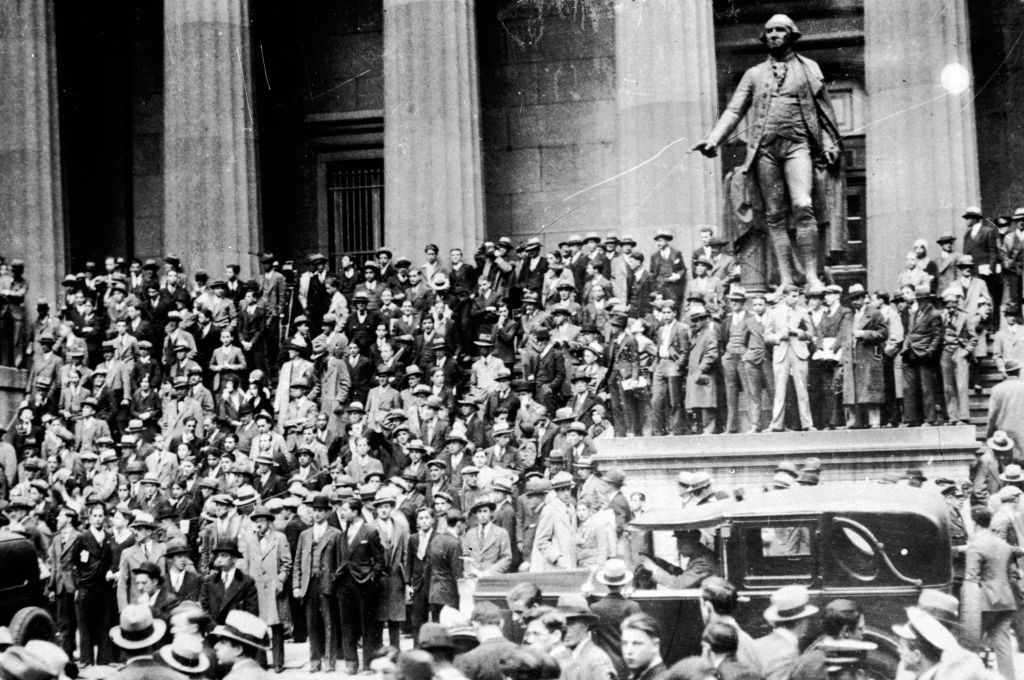It was a mark of respect. After Warren Buffett, who can lay claim to the title of the greatest investor of all time, told his army of loyal shareholders over the weekend that he was finally stepping down from the Berkshire Hathaway empire he has built over the last six decades, the firm’s shares fell 5 percent when trading opened on Wall Street. Buffett, however, is 94. It should not have come as a surprise to anyone that he was retiring. In fact, the fall proves once again the central insight on which Buffett has built his remarkable career – the markets are not as efficient as they think they are.
His retirement should’ve been expected
It is not hard to understand why the shares fell. There is no one that you would rather have at the helm of an investment business than Buffett. Since the “Sage of Omaha” (as he is known to his legion of fans) took control of the company, its stock price rose by an extraordinary 2,419,900 percent, meaning that an investment of just $100 in 1965 would now be worth around $2.5 million. With his voracious appetite for financial data, his hard work, and his commitment to what he always described as “value” investing, Buffett had an uncanny ability to beat the market.
Even so, a 5 percent fall in the share price on his departure seems odd. After all, Buffett is 94, and his long-time partner Charlie Munger died in 2023. No one lives forever, and nor can they necessarily keep working right until the very end. His retirement was to be expected. In fact, by reacting so sharply, the markets were proving one of Buffett’s central points for him. Despite the claims of the economic textbooks, the markets are not entirely “efficient,” and investors often fail to adjust to events until they actually happen. There are always lots of things the markets have not worked out yet, and if you are as smart as Buffett always was you can turn a profit from that. It is unlikely that Wall Street will ever see a genius like him again – but his departure proves there are still some opportunities out there. The markets are not as smart as they think.


























Leave a Reply